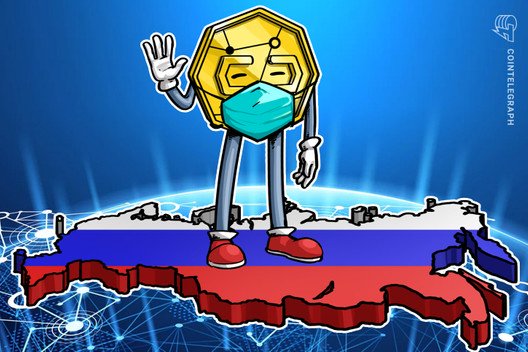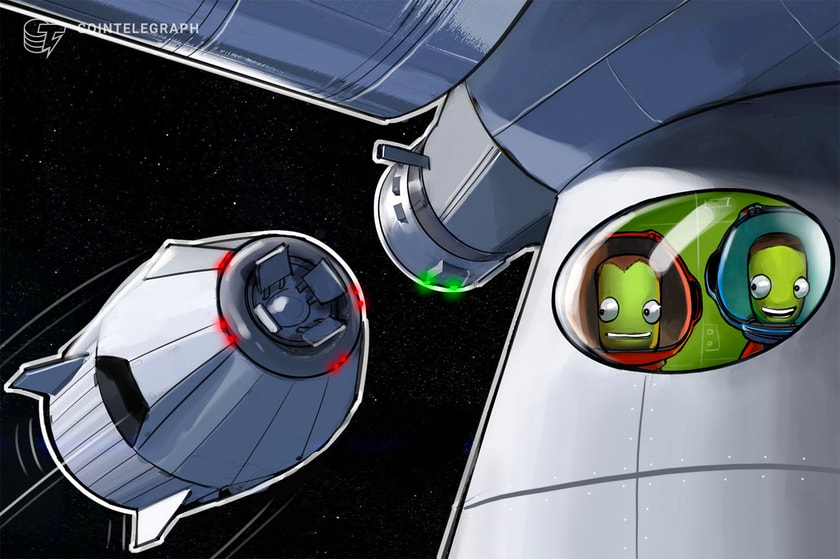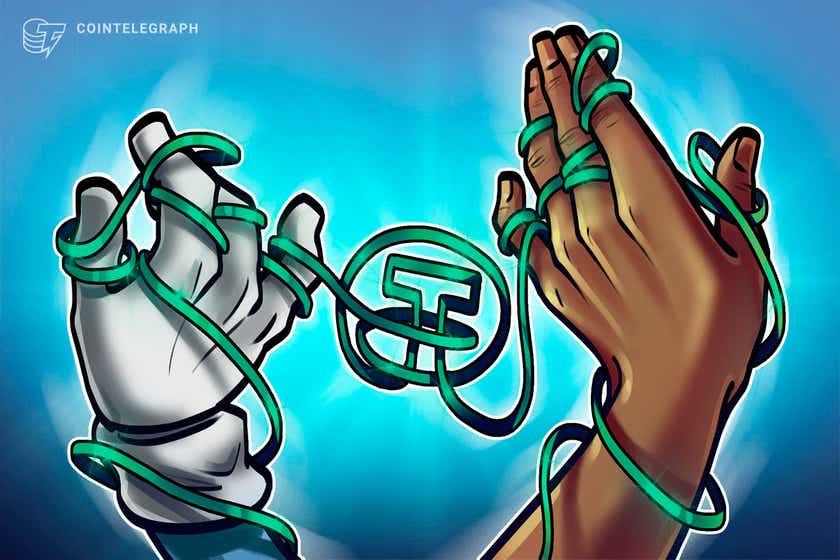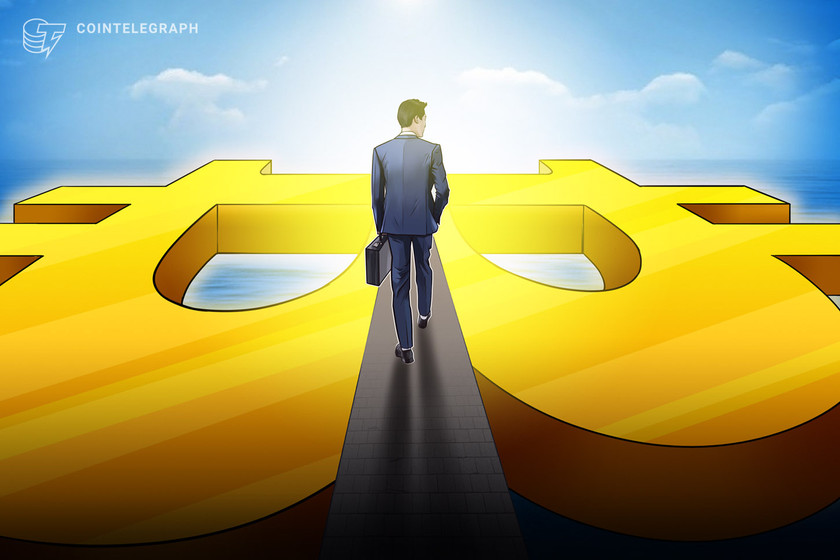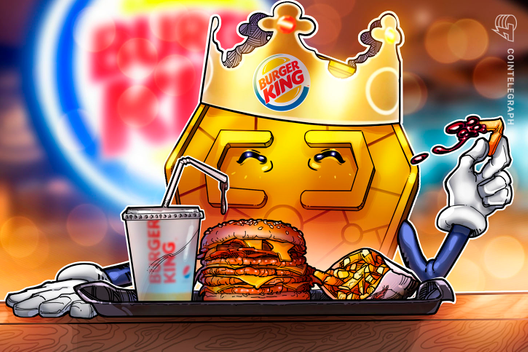Blockchain Underpinning Much of Germany’s Renewable Energy Evolution
With Germany aiming to decommission all nuclear power generation in the country by 2022 and all coal-fired stations by 2038, myriad disparate renewable energy producers of various sizes are stepping up to meet demand. Distributed ledger technology is increasingly underpinning the architecture for many systems being designed by the country’s innovative renewable energy providers.
Cointelegraph spoke to Richard Lohwasser, the co-founder and CEO of Lition Energie — a Berlin-based greentech startup that has launched a blockchain-based marketplace allowing consumers to choose between multiple energy providers — to discuss how DLT is being used across Germany’s evolving energy sector.
A blockchain-powered energy platform
After being founded in late 2017, Lition was licensed as an energy supplier by German regulators in March of the next year and began providing power to customers the following month. The firm began large-scale marketing activities in the summer of 2019, estimating that it would have customers in more than 1,000 cities by winter.
Lition’s partners include international software providers Microsoft, SAP and PowerCloud, as well as local firms SüdwestStrom and N26, while its investors comprise “European family offices which invest through a convertible note.”
Lition operates a green energy marketplace that connects households directly with independent green power plants of their choosing. The company also plans to begin offering solar panels later in June. The platform comprises a proof-of-stake, second-layer solution built on top of Ethereum (ETH). Lition offers a data deletion feature and transaction fees of 0.001 USD Coin (USDC).
Cointelegraph: How has the German energy sector’s restructuring impacted local DLT firms?
Richard Lohwasser: It is hard to say at this point. We are in the middle of the Energiewende, which is the German term to describe this energy transition. The practical consequences of the new strategy are unfolding as we speak. Right now, the energy production is shifting to a more regional or local level.
There is a clear need for decentralization in the energy infrastructure on a national level. For many years, we were used to having just a few centralized energy producers. Accordingly, the whole infrastructure was fairly centralized and not at all suitable for an energy mix that includes a massive amount of wind, solar, biomass and other kinds of energy production that have a fairly low kilowatt per unit of energy output.
Therefore, there is real need to rethink and redesign the grids in a decentralized manner. Here is where blockchain comes in as a very useful tool to smooth this transition toward decentralization.
We are in the very infancy of this revolution. The vision and the ideal outcome is that neighborhoods can be self-sufficient and slowly get off the grid. It is also great from a dependency point of view, as we are entering an era of high energy consumption, and more and more devices are coming into our daily lives. This means that it’s becoming more important to have simple energy access.
CT: What about the experience of operating in Germany’s blockchain sector?
RL: Germany in general is a very vibrant country when it comes to blockchain, but where it is even more present is Berlin. Most startups and projects are here, and a lot of events are happening all year round. We are proud members of Bundesblock, which is an association that focuses on education for both decision-makers in politics and industry-leading corporations as well as the broader public.
Through a joint effort of the whole blockchain community, Germany finally launched its own national blockchain strategy in September 2019. We are very happy to have helped shape this document with our hands-on experience.
Operating here is still a challenge because of gray zones in legislation. For instance, we would like to let our customers pay with LIT, but that is still not possible. However, we see a genuine interest from the government in not missing the blockchain train.
CT: Can you give an overview of the Lition platform?
RT: Lition provides a platform where consumers can directly connect to a producer of choice, while producers can sell their energy at more favorable prices. Since the current legislation still hinders energy purchases involving only a private producer and a consumer, Lition acts as facilitator between the parties. There is where the blockchain comes in — it gives transparency to everyone involved, creating a unique, trustless environment.
We are still adjusting the system in regard to transactions per customer. So far, we have about one transaction every 15 minutes, in which a buy/sell order is triggered to sync the energy supply and demand between our producers and customers.
Lition is a layer-two protocol built to run on Ethereum to allow maximum interoperability and quick onboarding times. We developed our blockchain upon the Quorum open-source code; nowadays there is no need to reinvent the wheel from scratch, that’s the beauty of the open-source movement.
The history of our transactions is made unique through a hash that is anchored in intervals to the Ethereum network. This step ensures more robustness and decentralization to our technology. However, we are also developing an agnostic blockchain that also fits other main chains, so that end users of our tech can decide which mainchain they are willing to take advantage of, whether Binance, EOS, Cardano or another.
“Lition is mainly built to run data transactions of any type, such as data describing and virtualizing energy flows or data about syndicated loans (as we have), but every process that involves information systems and trust is a good fit for our tech.”
Furthermore, as we are integrated with the Ethereum blockchain, it is also possible to process smart contracts on this end and sync the data to our layer-two solution. Besides the energy business, Lition is also providing consultations and a technological framework to the businesses that want to take their first steps into the blockchain sphere.
This interview was edited and shortened for clarity.


